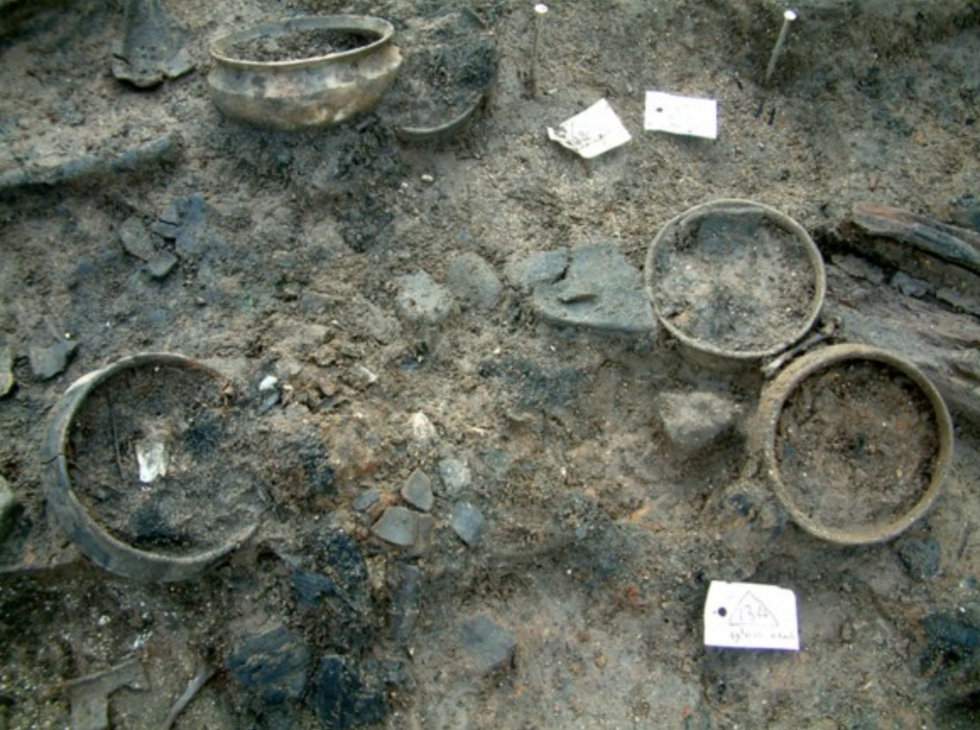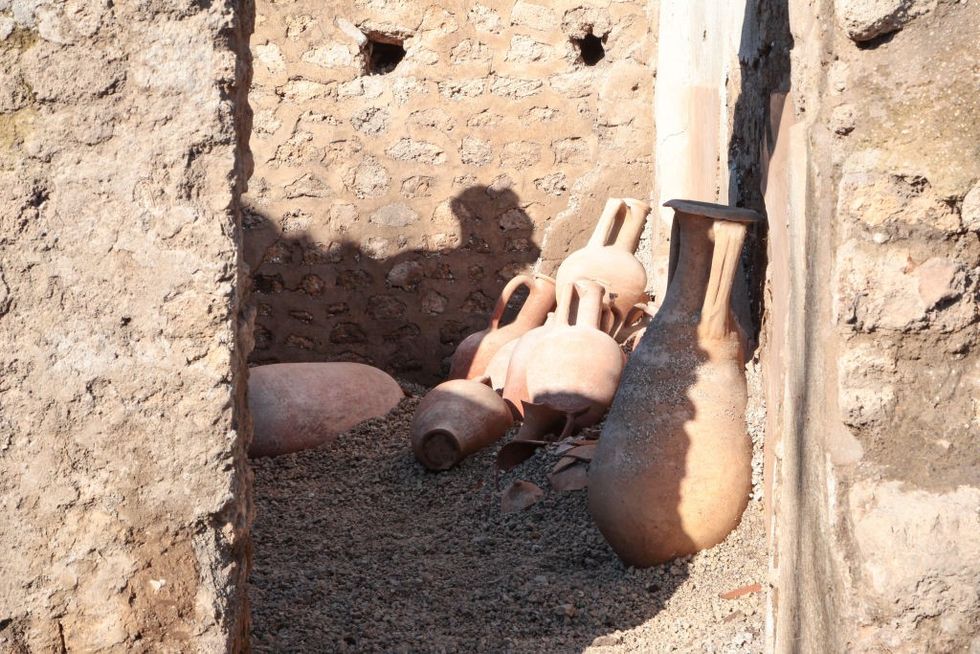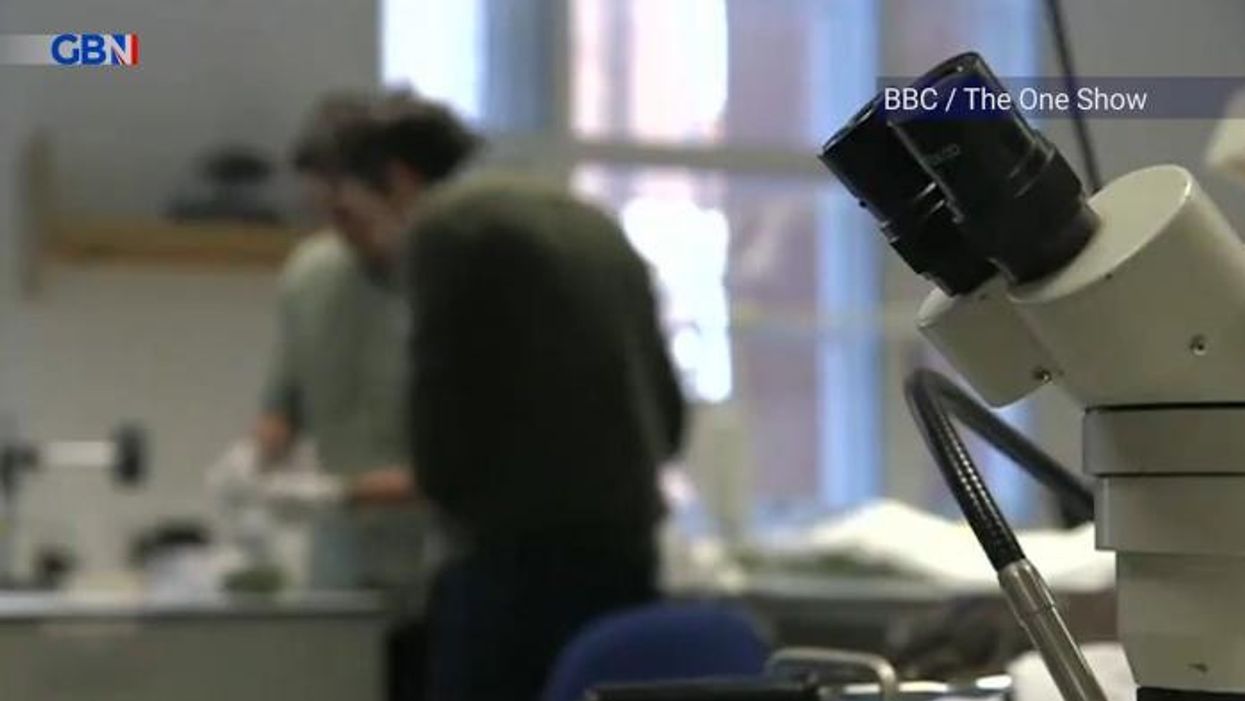Ancient Britons were much more developed than once thought as 'Britain's Pompeii' opens lid on Bronze Age life

The site was a hamlet of roundhouses before a fire burnt it down
Don't Miss
Most Read
The archaeological world has been left stunned after it was revealed that Bronze Age ancestors had much more material than first thought.
The site, which has been dubbed "Britain’s Pompeii", was a hamlet of roundhouses before a fire burnt it down.
Must Farm was built on stilts across a now-disused river near modern-day Peterborough.
It is believed that 20th-century quarrying depleted half of the settlement, however five structures remained.

The site, which has been dubbed 'Britain’s Pompeii', was a hamlet of roundhouses before a fire burnt it down
|Must Farm
Archaeologists said the fire had spread within minutes but there was no evidence of human fatalities.
Experts initially suggested there was "too much" leftover to be from a Bronze Age site.
The ruins fell into the riverbed, which preserved them until they were rediscovered in 1999.
Among the items found was a pottery bowl - which still had its final meal of wheat-grain porridge with goat or deer fat inside - alongside weaving equipment and "tool kits".
LATEST DEVELOPMENTS:
Metal work was prevalent at the site, suggesting that the craft was more common than previously thought.
Based on the age of lambs who did not escape the fire, experts say the site places the year at between 865 and 840BC.
Other discoveries include roasted boar or pike and bream found following hunting sessions.
Among precious objects found in the site were a bronze bucket from Ireland and glass beads from Iran.
"Sometimes it felt like we were doing some sort of anthropology rather than archaeology," Mark Knight of the Cambridge Archaeological Unit (CAU), who was the director of the excavation told The Times.

Restorers clean amphorae in the Schola Armatorarum, a house collapsed in 2010 where take place a new excavation campaign in the archaeological area of Pompeii
|Getty
"There was a slight sense that we were picking over someone else’s tragic event. We were there among the burnt debris of households."
Despite being compared to Pompeii, archaeologists admit that a Bronze Age hamlet does not have the same scale as a Roman town flooded by a volcano.
After receiving £1.1million in funding from Historic England, a complete excavation of the site began in 2015.
"A settlement like this would have had a shelf-life of maybe a generation, and the people who built it had clearly constructed similar sites before," said David Gibson of the CAU.
"It may be that after the fire, they simply started again.”











